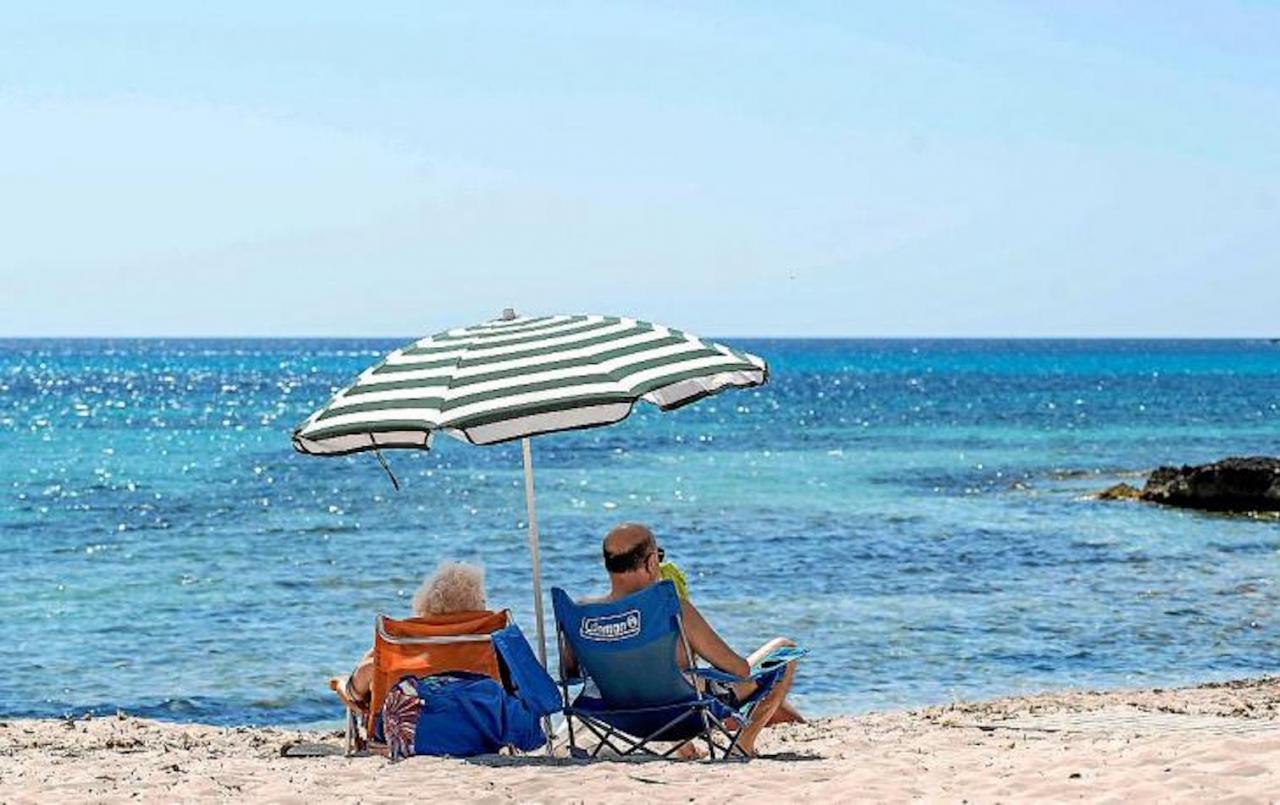"We have been locked up for longer amounts of time than normal, but more analysis needs to be done," says Dr Josefina Olivares, Endocrinology, Nutrition & Metabolism Specialist at Son Llàtzer Hospital.
Significant Vitamin D deficiency affects the bones and many other things and according to the Fertilab Barcelona fertility clinic, worldwide it can increase from 50%-80% in 18 to 60 year olds.
“The main cause of Vitamin D deficiency is lack of exposure to the sun, but it also depends on skin colour, because those with darker skin don’t absorb it as easily; different seasons can affect Vitamin D levels, because summer is not the same as winter and latitude is also a factor,” explains Dr Olivares.
Doctors in countries like Spain are now checking Vitamin D levels more often than they used to.
"We are more attentive now, we care more about Vitamin D levels because we protect ourselves more from the harmful effects of the sun," she says. "By putting one arm in the sun for 5 minutes, when it’s not at maximum exposure, then removing it when you start to burn a little bit, you've already done enough.”
Dr Olivares says our Vitamin D levels are also affected by plasma and intake levels of foods like butter, liver and eggs.
A severe lack of Vitamin D can have a drastic effect on children and adults.
"In children it produces rickets and in adults it is linked to osteomalacia, which causes pain in the bones and joints,” adds Dr Olivares. "Vitamins should be taken when there is a deficiency, but taking them unnecessarily can lead to toxicity.”
According to the Spanish Society of Endocrinology & Nutrition, the level of Vitamin D in the blood is normally 30-50 ng/ml, but an excess of Vitamin D increases the level of calcium in the blood, and can cause kidney stones.


No comments
To be able to write a comment, you have to be registered and logged in
Currently there are no comments.